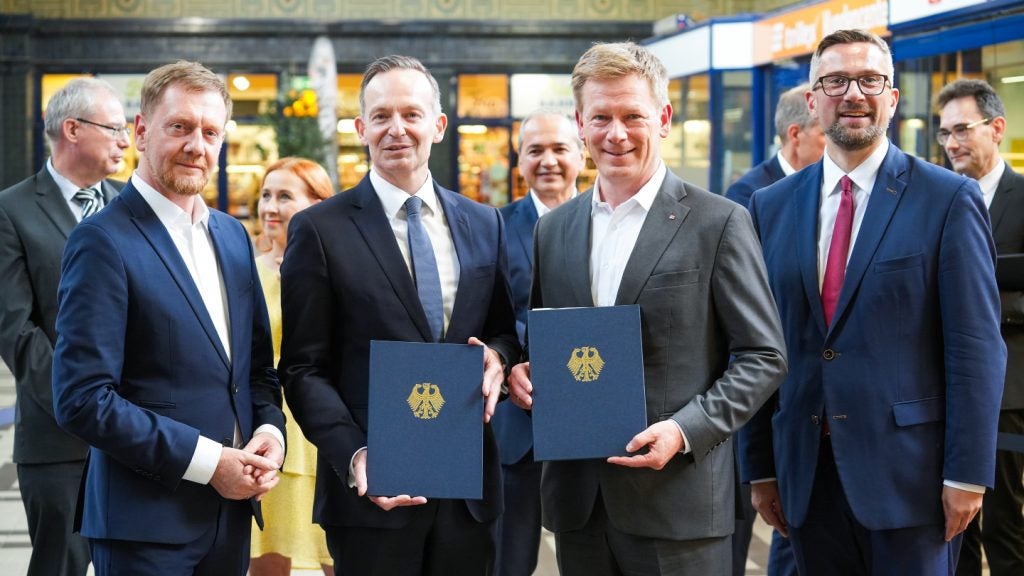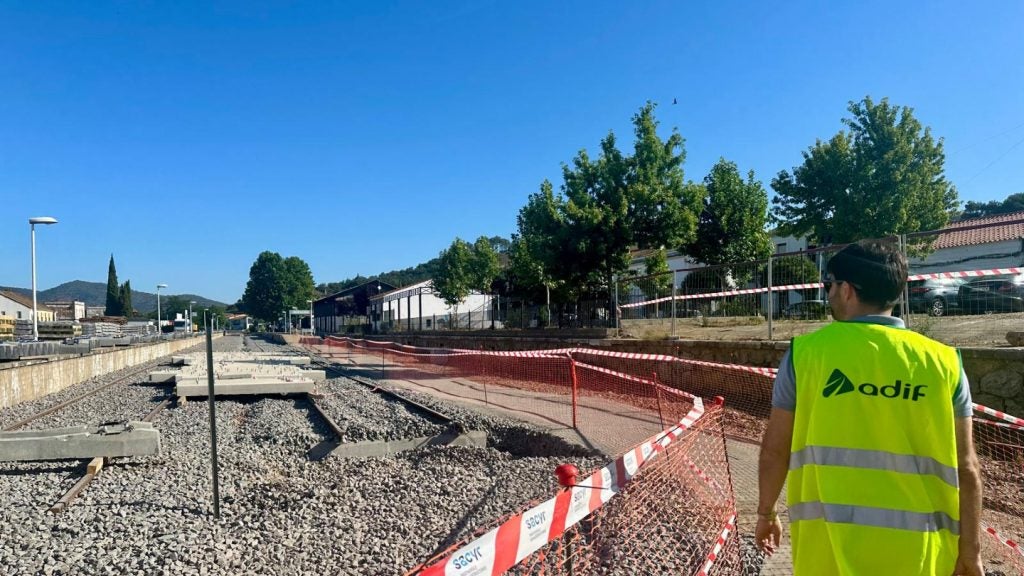
The concept of hospital trains – mobile care units equipped to respond to health emergencies at short notice – may have its roots in the Crimean War. Trains built to carry armaments and equipment were used to transport the sick and wounded, as well as medical supplies, to and from the front lines.
The use of trains as mobile medical facilities was expanded in the First and Second World Wars, and, to a lesser extent, in the Korean War, before being replaced by motor vehicles and aerial evacuation.
More than a century and a half after they were first deployed, hospital trains continue to be used to provide general and specialist care to remote communities. In Mexico, Dr Vagón travels across the country providing free medical consultations and treatment in remote communities. Launched by Fundacion Grupa Mexico in 2014, it has visited over 114 communities and treated 140,000 people.
A similar, sporadic service runs in remote areas in Russia, while in India the Lifeline Express features nursing wards and full-scale operating theatres peopled by Indian surgeons, who give their services free of charge. The latter has been a success since it was set up in 1991 by charity the Impact India Foundation, in collaboration with Indian Railways and the Ministry of Health and Family Welfare.
Fast forward to April and May of last year, and both Italy and Spain placed hospital trains on standby ready for any future Covid-19 outbreaks, while medical workers on board France’s iconic high-speed TGV train treated more than 80 patients being evacuated from the Paris and the Grand Est region.
Now, with Covid-19 continuing to cast a shadow over billions of lives, the European Space Agency (ESA) has selected a concept to develop an Intensive Care Unit train (ICU Train) following a call for proposals in March 2020, when the first wave of lockdowns began to be imposed around the world.
How well do you really know your competitors?
Access the most comprehensive Company Profiles on the market, powered by GlobalData. Save hours of research. Gain competitive edge.

Thank you!
Your download email will arrive shortly
Not ready to buy yet? Download a free sample
We are confident about the unique quality of our Company Profiles. However, we want you to make the most beneficial decision for your business, so we offer a free sample that you can download by submitting the below form
By GlobalData
On track for emergency response: inside the ICU Train
The ICU train has been designed to respond to health emergencies around Europe, as well as natural disasters such as floods or earthquakes.
It will leverage space-based technology, such as geo-positioning and satellite communications, to enable advanced telemedicine and remote diagnosis while travelling, allowing on-board healthcare personnel to remotely consult specialists and conduct joint assessments.
Combining space, rail, cybersecurity and artificial intelligence-based technologies will facilitate remote medical analysis and consultations that require data exchange and high security standards.
The ICU Train will also incorporate additional intensive care stations to transfer patients who require assistance quickly, safely and relatively cheaply in health emergencies such as Covid-19.
The ESA awarded a group of companies from investment network the Angel Group, including Sitael, MerMec, Eikontech and Brightcyde, along with Skycomm, with a contract to develop the ICU Train. The vehicles and rail facilities for the project will be provided by Italian national operator Trenitalia, while the Puglia Health Department in southern Italy will contribute scientific and health support.
Testing operations on the new ICU Train are earmarked for the first half of 2021. The project was selected after around 130 ideas were submitted in response to a call for proposals organised under the ESA’s Space Solutions programme, which is sponsored by the Italian Space Agency (ASI).
The Lifeline Express brings hope to rural India
The nascent ICU Train project in Europe and the success of the aforementioned Lifeline Express in India is proof that the concept of mobile rail hospitals continues to find traction in the 21st century.
The story of the Lifeline Express has its roots in the final days of UK colonial rule in Hong Kong during the late 1990s. After each of the 31 provinces on the Chinese mainland gave Hong Kong a present to mark the occasion, Nellie Fong – a Hong Kong-based legislator, healthcare activist and member of the committee established to handle the transfer of sovereignty – felt that Hong Kong should reciprocate.
Rather than 31 gifts, she opted for a hospital train having heard about the Lifeline Express, which at that stage had just three carriages and provided free diagnosis and treatment of disabilities caused by polio, before being repurposed for disabilities including cataracts, cleft lips and hearing problems.
The train expanded its services to include epilepsy diagnosis and treatment, and in 2019, nearly 30 years after its inception, it began offering oral, cervical and breast cancer screening and diagnosis.
Fong set about sourcing funding for a similar train in China, focusing on providing free cataract surgery. The first ‘Eye Train’ took to the tracks in 1997, with three more trains added over the next decade or so. In 2014, Lifeline Express China expanded to providing free screening for diabetic retinopathy.
“In just over two decades, Lifeline Express China has provided free cataract surgery to almost a quarter of a million patients,” Fong told the World Health Organisation (WHO).
Euro vision: hospital trains in Italy and France
While hospital trains continue to make a real difference to those without access to comprehensive healthcare in countries like India and China, there is a need for supplementary and support services.
“Hospital trains, like other forms of mobile health service delivery, can play an important role in providing access to eye care for hard-to-reach populations,” says Stuart Keel, a disability expert working at the WHO in Geneva, in reference to China’s ‘Eye Trains’.
“But it is important that there is an emphasis on the quality of care provided and that a sustainable infrastructure is available for post-operative services.”
In Italy, the hospital train prepared to respond at Milan’s Greco Pirelli railway station in Lombardy, the country’s worst-hit region, for a second wave of Covid-19. According to a Bloomberg report, some suggested that it risks becoming a gimmick and is a waste of resources.
Across the border in France, SNCF had already trialled the idea of using trains to transport critical care patients prior to Covid-19. The Financial Times reports that, following the 2015 terrorist attacks in Paris, the rail group formulated a plan to evacuate victims to cities where more care was available.
In May 2020, that plan was tested in Paris in an exercise called Operation Chardon, with a train of doctors, nurses and 100 “victims” moved between Paris and Metz in north-eastern France.
Innovations such as these and the new ICU Train project being developed by companies from the Angel Group suggest that emergency medical services by rail, far from being consigned to history books, are instead set to become a fixture of frontline healthcare in the near future and beyond.







